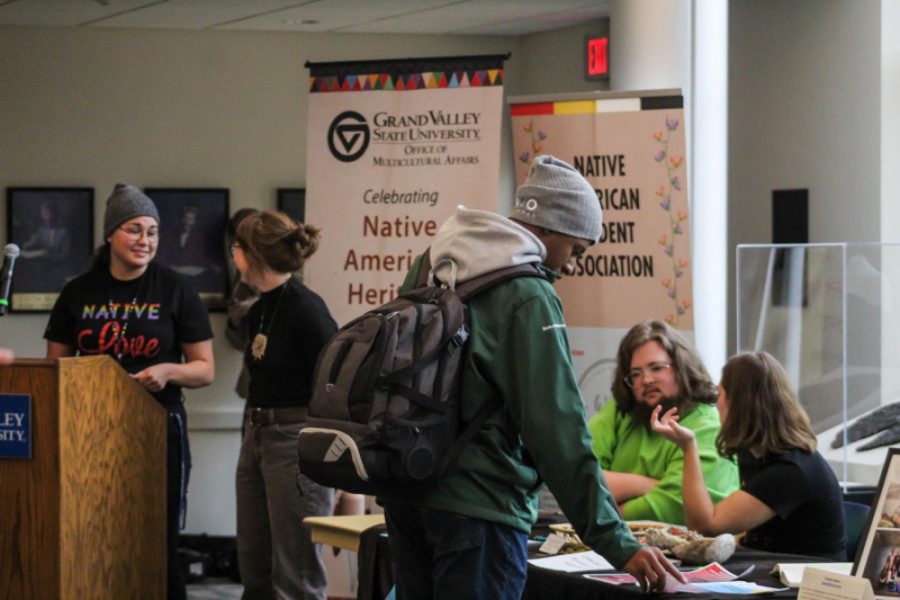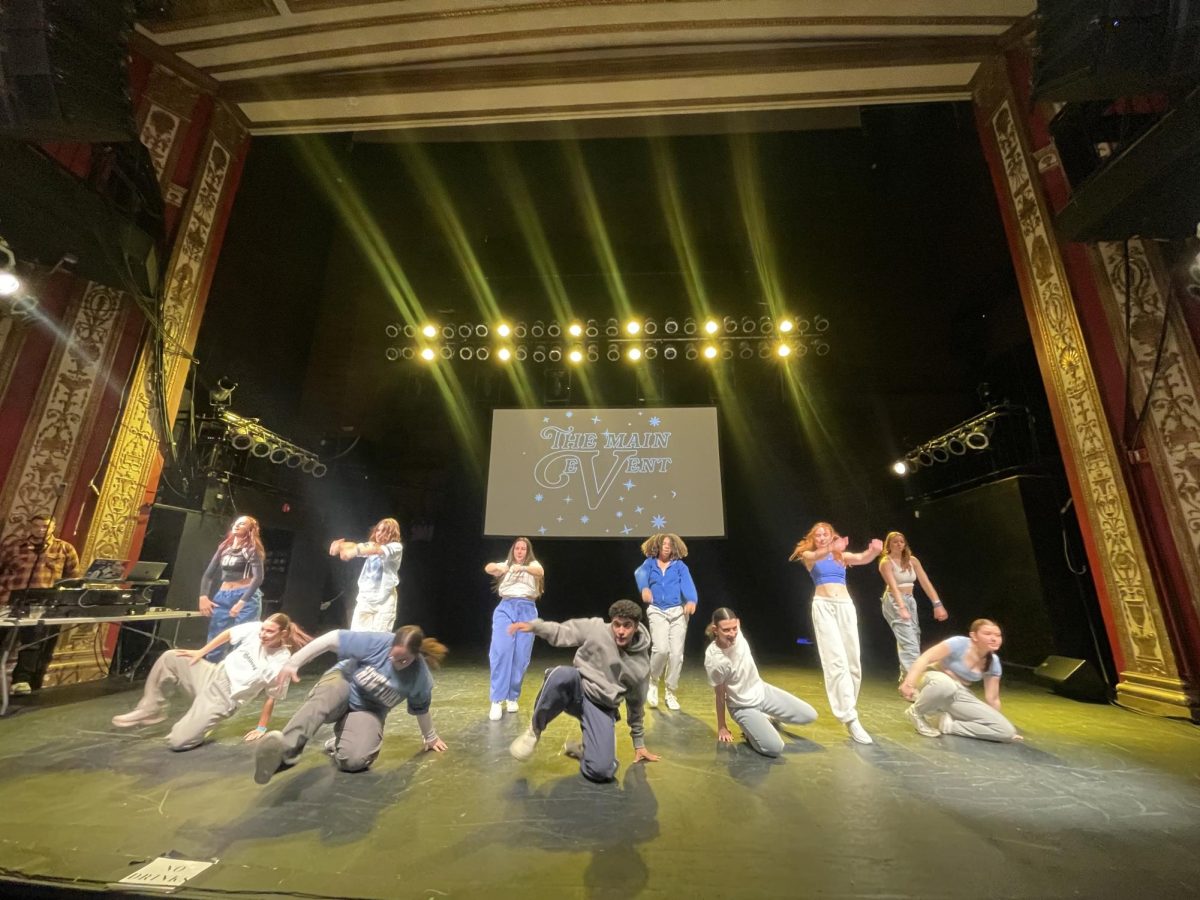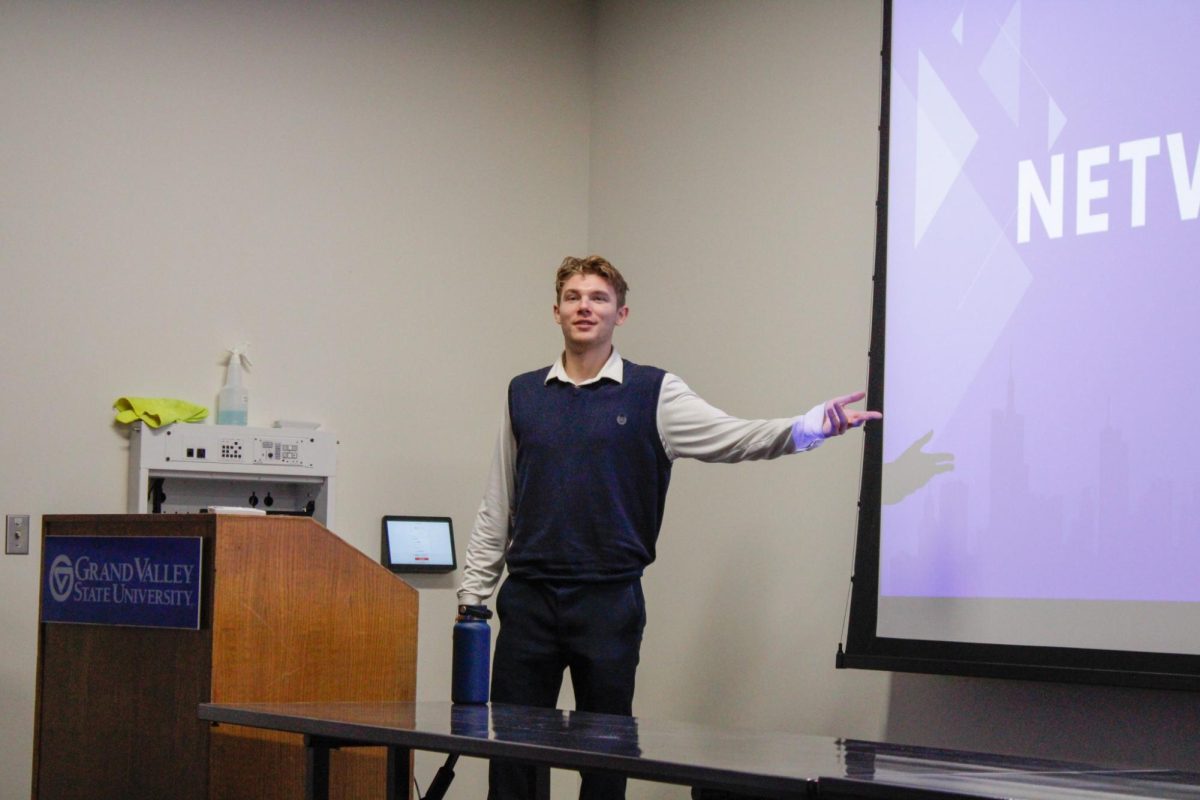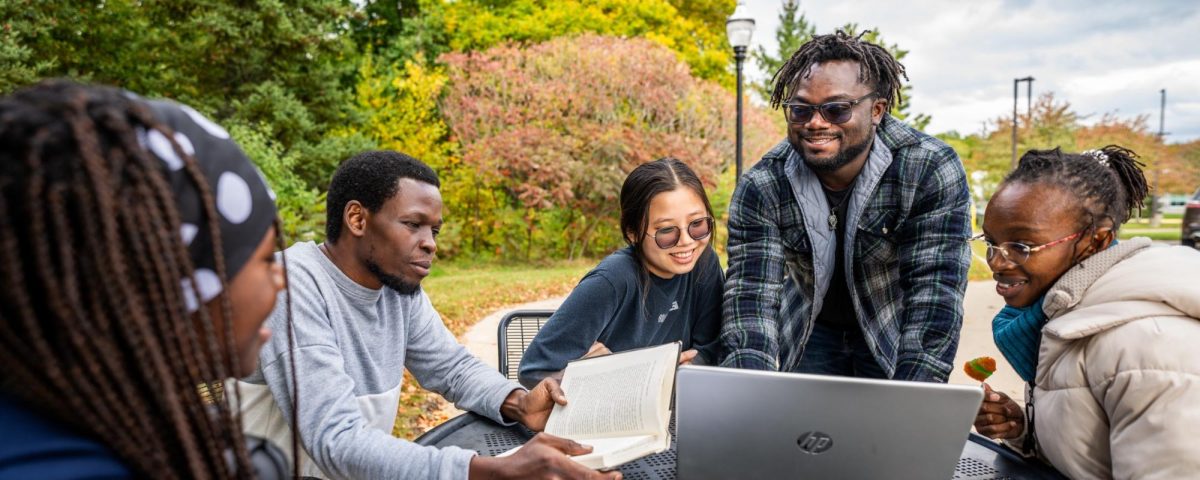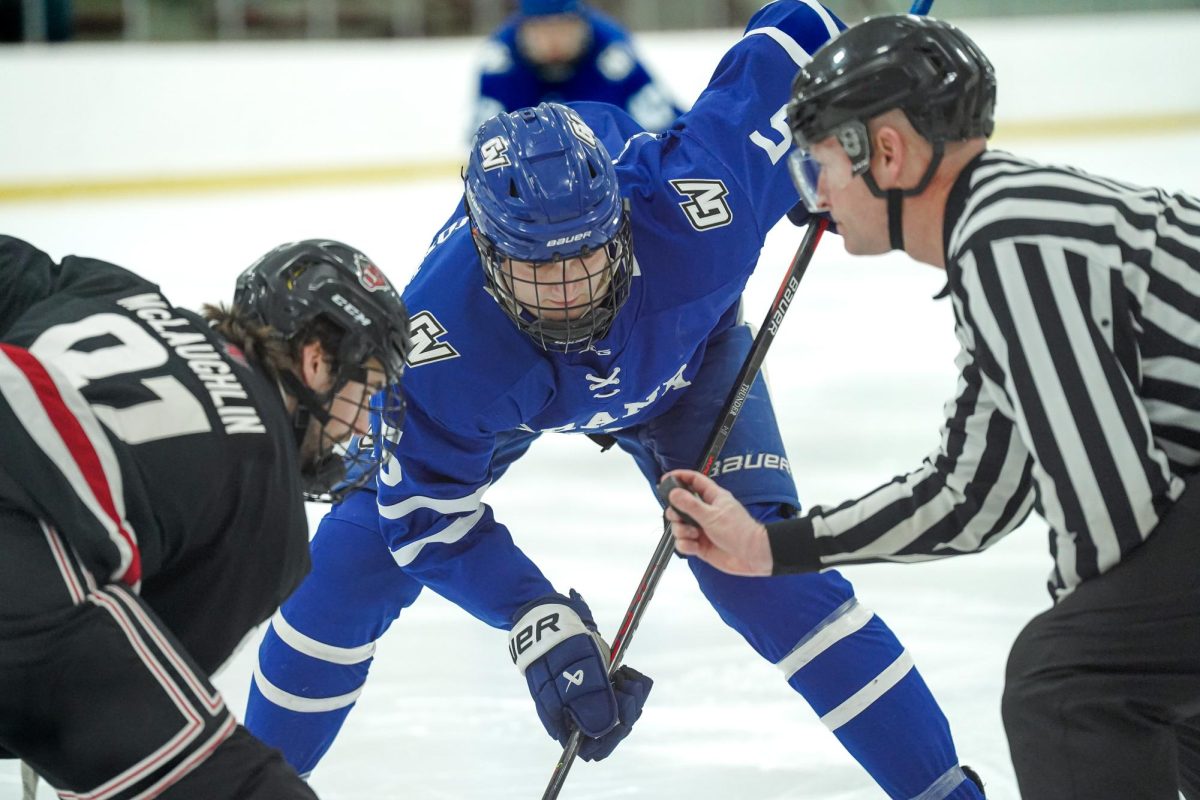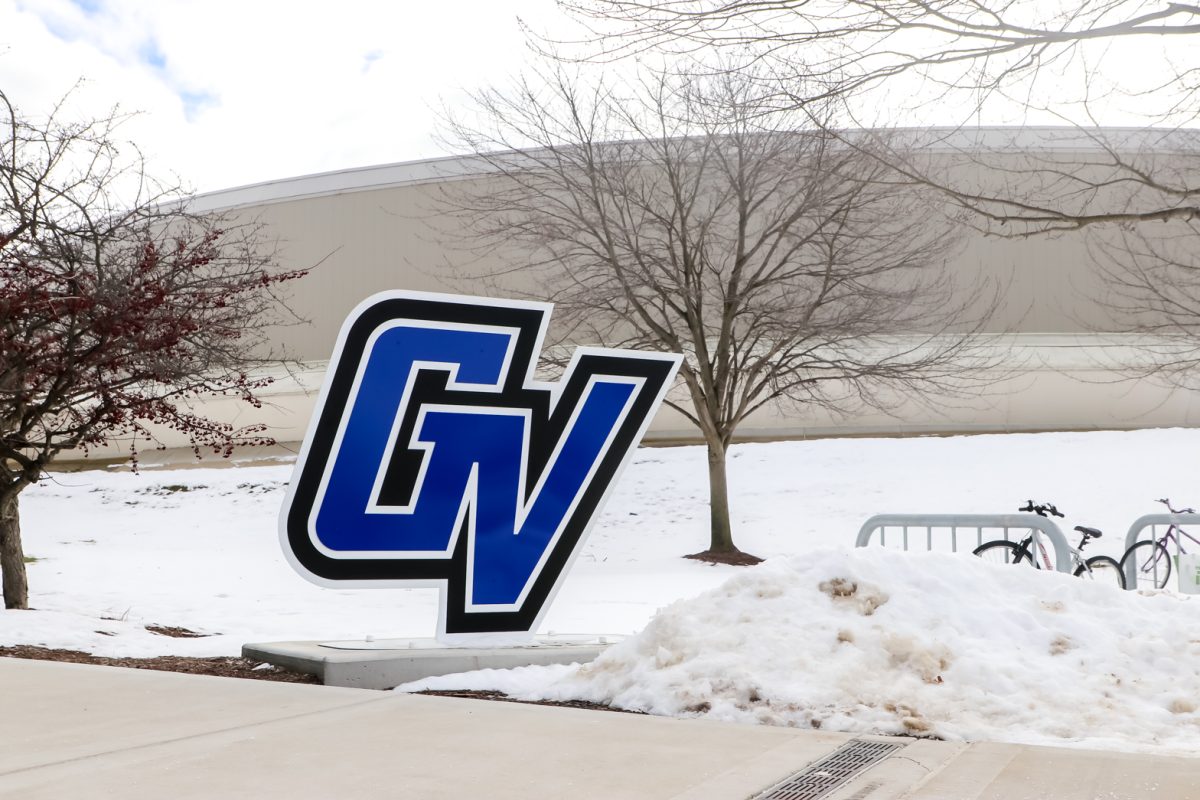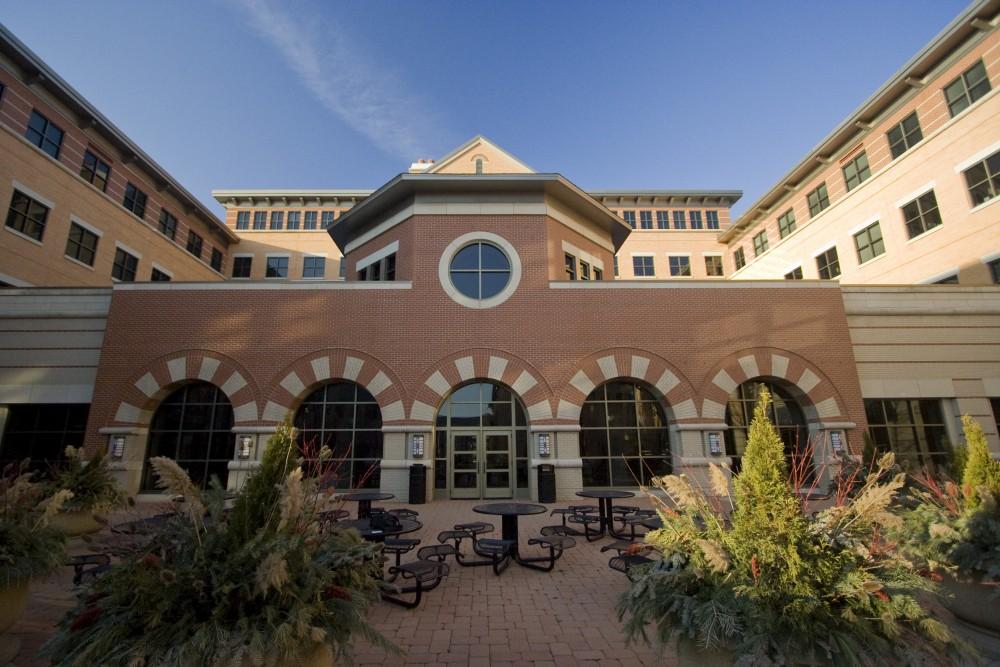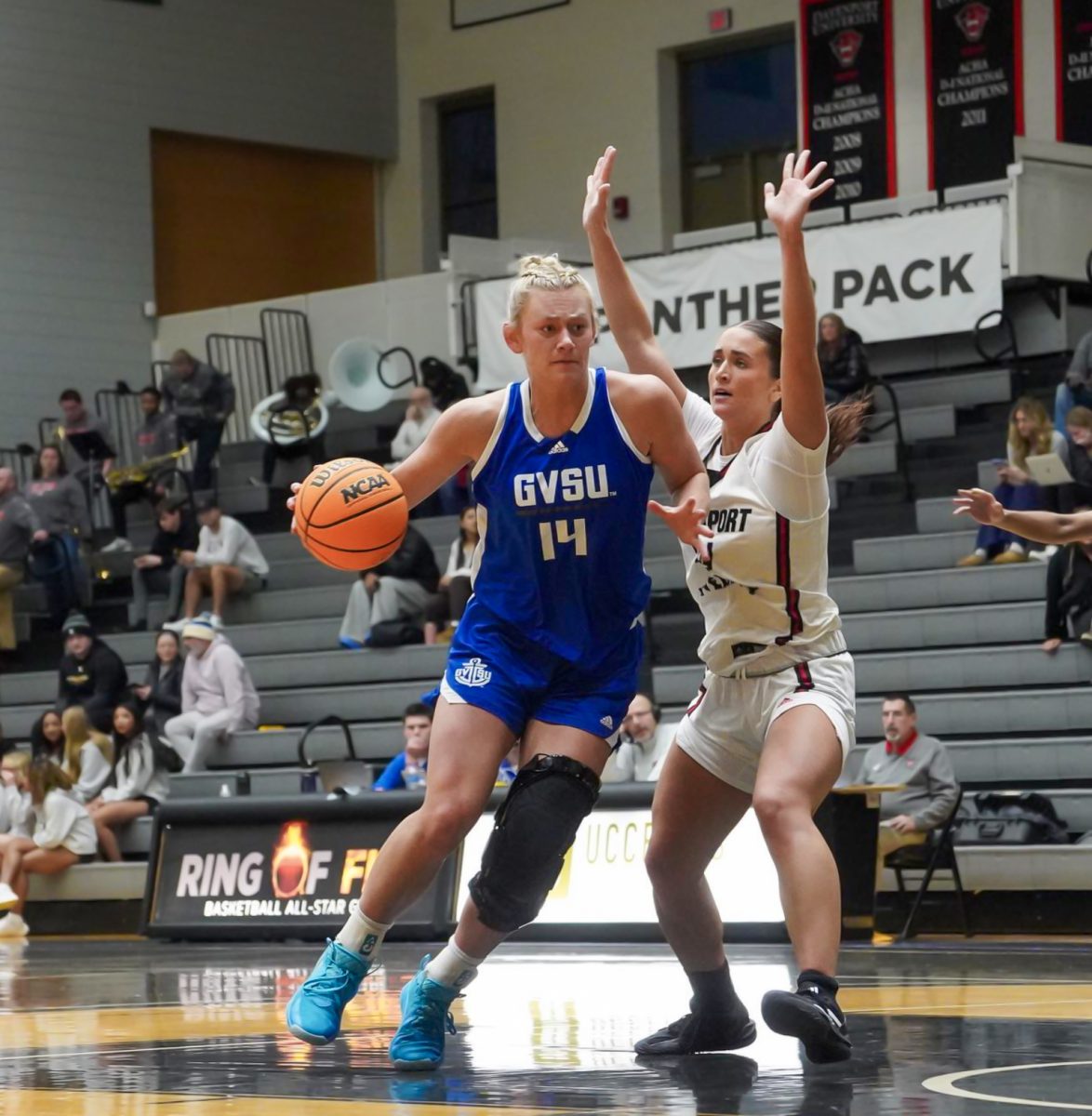New GV course teaches the history of the Anishinaabek in Michigan
Apr 5, 2021
Grand Valley State University is offering a new course titled INT 380 Anishinaabek Lifeways. This course is designed to help students understand the Anishinaabek history in Michigan, and they’ll learn about this state in ways that haven’t been fully covered.
The Anishinaabek are indigenous peoples from the Northwestern Michigan area with ties to the Three Fires Confederacy. Prior to land encroachment due to American wars and the founding of the state of Michigan, the Anishinaabek had sprawling trade routes throughout the region and into modern-day Canada. It took 125 for the tribe to receive federal recognition under the Indian Reorganization Act.
Assistant professor in the Integrative, Religious, and Intercultural Studies Department Andrea Riley-Mukavetz will be teaching this course, with knowledge keepers from the area who will be co-teaching with her.
This course will introduce the history of the Anishinaabek, explain contemporary cultural practices, and teach students about treaties, environmental justice movements from the Anishinaabek perspective, hunting and foraging practices, gender roles and sexuality, beadwork, and music.
“Throughout this course, we will situate the Anishinaabek within Michigan history,” said Riley-Mukavetz.
This course is very hands-on, Riley-Mukavetz hopes to be able to show them indigenous clans and cook indigenous foods.
“Students will learn how to be a good guest and visitors on indigenous land and how to form meaningful and respectful relationships with people,” said Riley-Mukavetz.
While oftentimes Native American studies focus on the past, this course takes a deeper look into the modern presence of indigenous people and tribes that are still in Michigan today while also examining their past history and the impact it had.
There are three major tribes — the Ojibwe, Odawa and Potawatomi — in the region, but there are federally recognized tribes in Michigan that have different relationships with those peoples.
“When we think about the names of these tribes and where they’re located, it tells a whole different story about Michigan’s history,” said Riley-Mukavetz.
French and British settlers couldn’t pronounce the names of the original tribes, so they named them for us through variations of French and British words. Riley-Mukavetz focuses on the importance of the tribe’s names and what was taken from them when they were renamed.
This course gives students the opportunity to submerge themselves in a part of Michigan’s history that isn’t discussed enough, and they will learn to honor the culture of the Anishinaabek.
“Understanding where we live is about understanding the larger cultural history of where we came from,” said Riley-Mukavetz.
The course will be celebrating indigenous intellect and help students understand the Anishinaabek history. By celebrating and sharing the knowledge that they learn throughout this course it will hopefully help people understand the basis of traditions in Michigan and keep growing the culture.
“I believe that we are all connected to these past histories in one way or another,” said Riley-Mukavetz.




